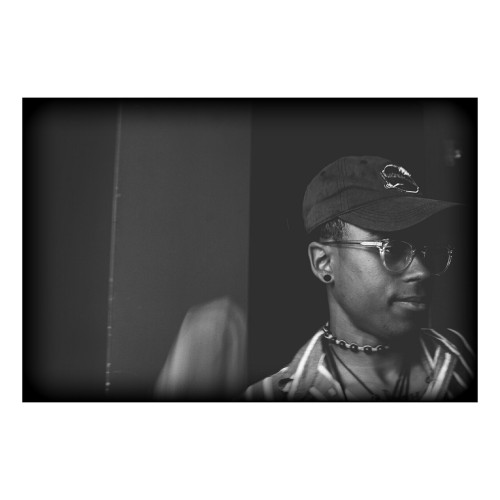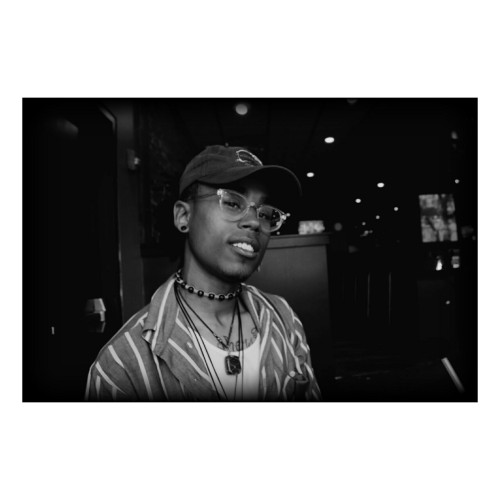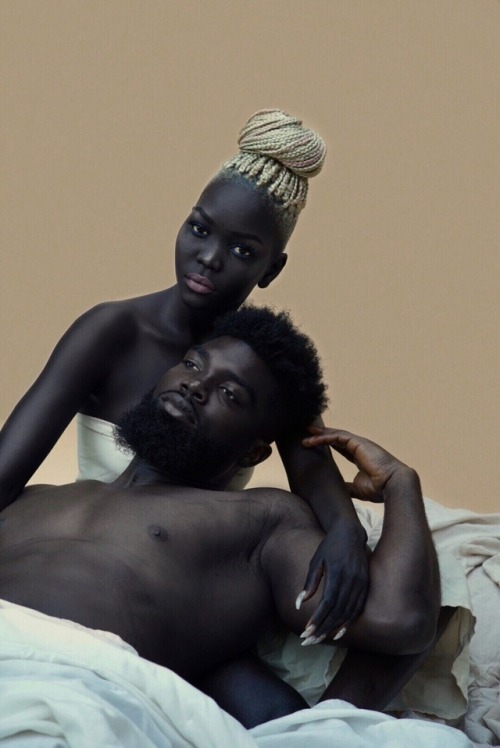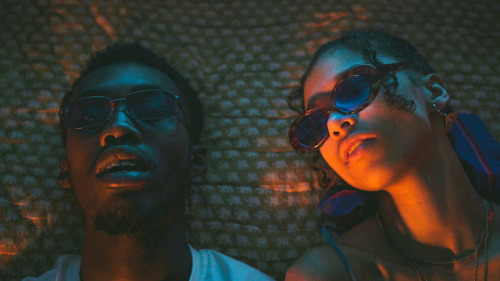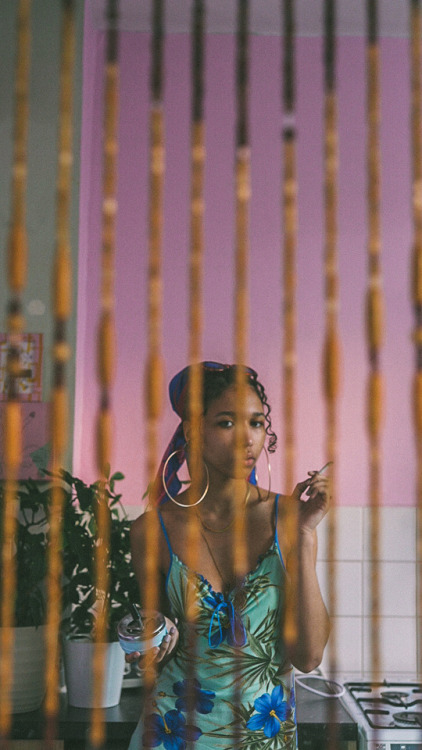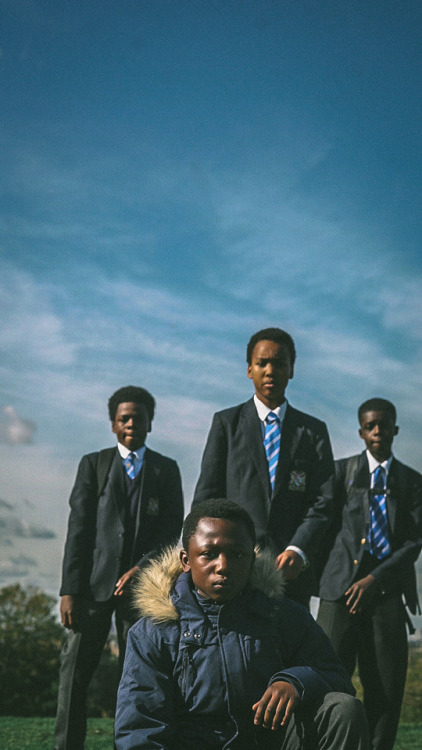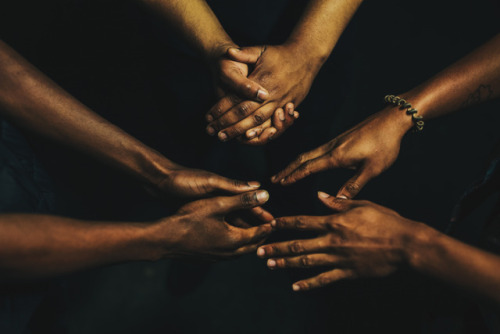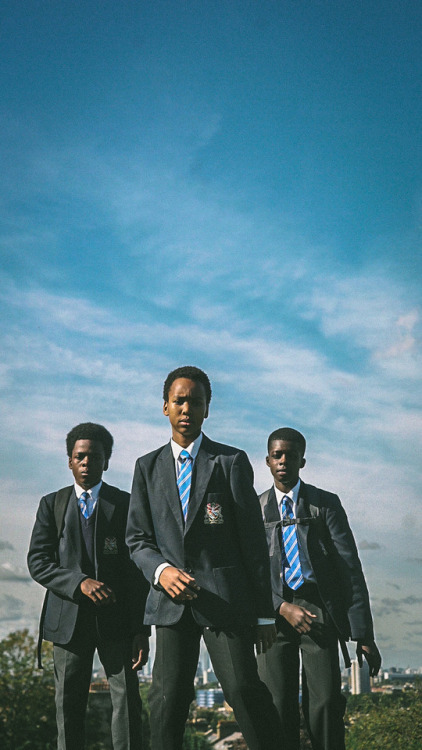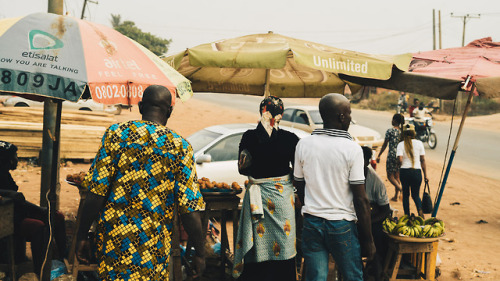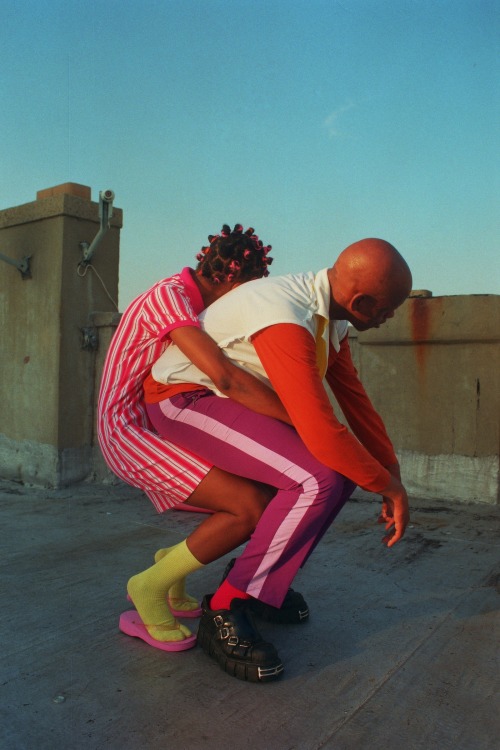#black photography
Where’s all the black photographers from New York?
InFrame - Zun LeefromInFrameonVimeo.
The Life and Work of Doctor-Turned-Photographer Zun Lee
FEB 13, 2016
By day, Zun Lee is a doctor in Toronto, Canada. When he’s not working, he’s often unwinding from stress with a camera in hand. As a self-taught photographer, his documentary and street projects have caught the eye of The New York Times, The New Yorker, Magnum, and more.
The 8-minute video above by Format’s InFrame is an inspiring look at Lee’s life and work.
Lee first got into photography in 2009 after a colleague gifted him with a camera.
“As a clinician, I’m trained to work with people at their most vulnerable who grant me permission to invade their privacy,” he says. “As a result, I have always had an intense interest in the dynamics of trust and control when it comes to that interaction.”
“At best, it can reveal a unique connection, a kind of truth that would otherwise not be foregrounded.”
Two of Lee’s projects, “Father Figure” and “Fade Resistance,” are intimate series that challenge stereotypes of African-American families. Here’s a selection of photos from those projects and from Lee’s street photography portfolio:
“When a human being connects with another and – even if for a split second – relinquishes a certain level of control, it is fascinating that complete strangers can share an alternate truth about themselves that was hidden not only to others, but perhaps even to themselves,” Lee writes on his website. “It is in these moments that individual emotion transcends the personal realm and gains universally understood context.”
On his website Zun Lee writes:
“Father absence is a highly visible social issue that affects all demographics and ethnic groups but is particularly highlighted in African-descended communities. According to census statistics, over two-thirds of black children are raised in single-parent households, the vast majority of them being led by the mother. However, research also shows that black fathers are no less present in their kids’ lives compared to fathers of other ethnic groups, whether they happen to cohabitate with their family or not.
Against this backdrop, stereotypic tropes of deadbeat black fathers continue to persist in the media and in politics. Much of the visual narrative intended to counter these stereotypes has remained formulaic, too, often consisting of “über-dad” archetypes (e.g. The Cosby Show’s Dr. Cliff Huxtable), celebrity fathers and “traditional” family patriarchs.
Lost between these two extremes: the everyday black father who may not fit conventional notions of fatherhood but is nonetheless taking his parenting role seriously. He may not live at home with his partner or kids, he may not be legally married and he may struggle to provide on a consistent basis, but this does not automatically mean that he is irresponsible. However, these visuals of quotidian presence remain underrepresented in most mainstream media coverage.
From September 2011 until 2015, I photographed black fathers and families from different walks of life and in different US cities. Rather than accumulate a series of portraits, my aim was to build trusted relationships and immerse myself in these father’s lives to get a sense of how they negotiate their daily spheres not just as fathers but also as men. Over time, my relationships deepened beyond the realm of a “photographer-subject” dynamic. Many men were able to reveal a level of intimacy that allowed a nuanced picture of very personal parenting scenarios to emerge; scenarios that are fleeting and often hidden from the public realm but nonetheless meaningful.
My own journey of identity formation and cultural belonging formed the motivation for this visual exploration of fatherhood: I used my lived experience of being nurtured by African American families and father figures since my early childhood while dealing with my personal history of paternal abandonment. This helped me to build a specific visual vocabulary that guided me through this work.
As I observed these fathers interact with their families, key themes revealed themselves loud and clear: Few of the men I met were in traditional relationships but they were loving, present and responsible fathers nonetheless. At a time when the profiling of black men and women by law enforcement and citizen vigilante has given rise to a social justice moment and a national conversation about race, the fathers I worked with were also acutely aware of how society tends to perceive their black bodies as threatening and dangerous. Many collaborators felt an imposed burden to answer to preconceived notions of black father absence while their actual daily parenting efforts go largely unnoticed.
Given this contemporary context of black male hypervisibility/invisibility, the work has also situated itself in a broader conversation about the ongoing pathologization of black masculinity and how that continues to impact society’s perception of black males. It is my hope that this work can contribute to how we can look at fatherhood and father absence in a more nuanced fashion, and more importantly, how we can find ways to more fully describe the humanity of African American males”.


Black Motherhood
A self-portrait of Dola Posh breastfeeding her child during lockdown in Hertfordshire.
Black woman in any form shall be celebrated and honored,
Be them, a sister , a daughter, or a wife or a mother
Black women are the creators of life
Here’s to phenomenal Black women may we know them,
May we be them,
May we raise them
Amin Ase ❤️
Check out the link below
Black Women Photographers on the theme of ‘home’ – in pictures

Choose to Challenge Ableism
As International Women’s Day approaches, I’ve been thinking about this year’s theme #ChooseToChallenge, and what I can do to make a difference.
I’m extremely passionate about raising awareness on the invisible barriers people from marginalised groups face in the corporate world, however, I’ve never explored the intersections of disability and identity formation in the workplace (or wider society).
Please read, comment and share my article. Hopefully, you’ll be inspired to create a working environment that supports colleagues with disabilities, physical or mental health conditions as opposed to one that inadvertently leaves many feeling excluded.
Be kind to yourself and others!
Author@iameriwa
Model @marshaellemusic
The Gallery - Episode 11: My 2020 Photography Review
Check out the latest episode of my YouTube series “The Gallery.”
The Gallery - Episode 10: 42nd Annual Photo Regional
Check out the latest episode of my YouTube series “The Gallery.”
The Gallery - Episode 5 (Quarantine Edition) - Photography Documentaries
The latest episode of my YouTube series…The Gallery - Episode 3: Black Photography Books



Alissa Ashley ❤️

